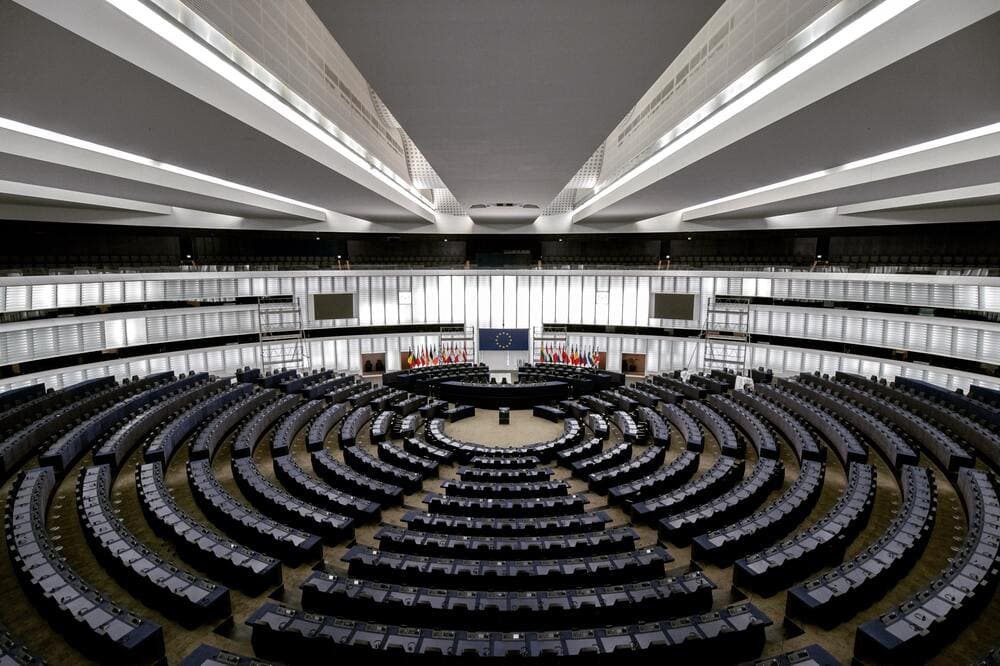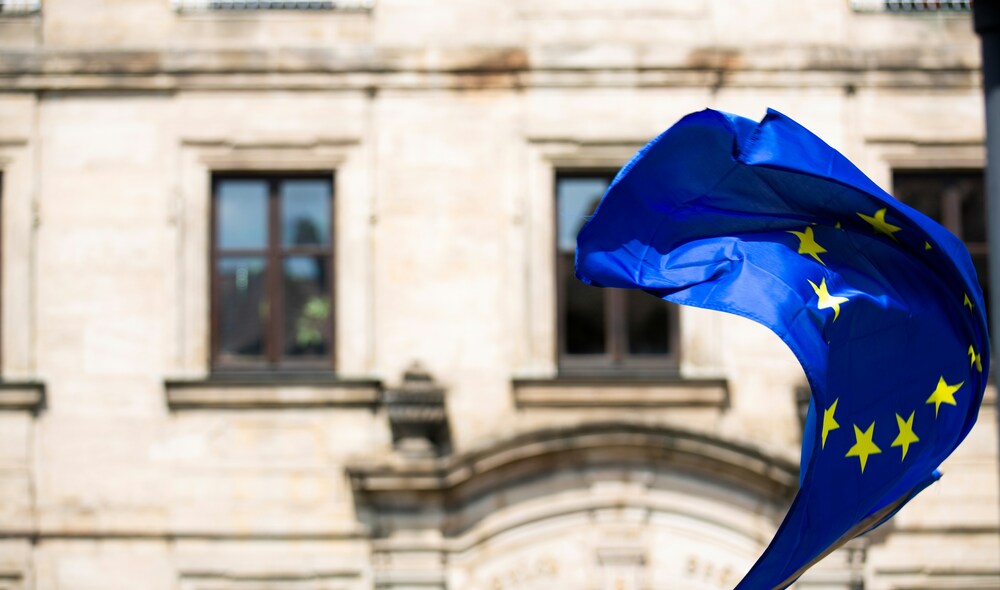Regulatory Compliance Journal
7 articles matching gdpr tag
How are gatekeepers used for money laundering?
In the world of finance, gatekeepers such as accountants, and lawyers are meant to safeguard against financial crime. Yet, these very players can sometimes become unwitting—or even complicit—partners in money laundering schemes. The expertise that makes these professionals indispensable to ...
- 9 min read
How to improve compliance culture?
A strong compliance culture helps to establish the foundation for a lasting positive impact for a company, its employees, and its clients by achieving ethical practices, clear values, and the respect of local and international legislation. Despite its benefits and legal necessity, most companie...
- 7 min read
How to set up a conflict of interest program
Imagine a situation in which the integrity of your organisation is corrupted by personal gain – how would you respond? In the field of business ethics, a strong conflict of interest program is the cornerstone that keeps an organization's reputation intact. With it, transparency isn't ju...
- 10 min read
How will the EU AI Act impact financial services?
In 2017, the European Council emphasized the need to address artificial intelligence (AI) trends while maintaining high standards for data protection and ethics. By 2023, concerns about ChatGPT's misuse led to Italy's temporary ban. The European Union (EU) is now working on the AI Act to ...
- 8 min read
How to conduct KYC on companies
Corporate entities, with their complex networks and multifaceted operations, can become havens for criminal activity. Illicit money and unlawful actions can be hidden within layers of transactions across subsidiaries and partnerships, obscure beneficial owners, and dubious front businesses. How...
- 10 min read
Looking for Regulatory Watch Newsletter?
More work
How and why to embed AML Lookbacks within financial firms?
Money Laundering, AML, Audit, Audit Findings, Financial operations, Due Diligence, Financial firms,In recent years, regulators have begun to scrutinize more closely financial institutions regarding the soundness of their AML/CTF program, dissecting the nuts and bolts of their procedures and controls. But the current set-up isn’t what they are s...
What are the EU's Anti-Money Laundering Directives?
5AMLD, 6AMLD, AML, Anti Money Laundering, Compliance, Compliance expert, Consultant, EU, Europe, European Commission, European Court of Justice, Financial Institutions, Money Laundering, Politically Exposed Persons,Since 1991, the European Union has regularly updated and released new anti-money laundering directives to adapt to and be able to fight new money laundering and terrorist financing techniques (e.g.: MiCA to regulate crypto-currencies). Today, moder...
CSRD: Are you really ready for the new era of CSR reporting?
CSRD, NFRD, Europe, Environmental, Transparency, Sustainability, EFRAG, Directive, Double materiality,The Corporate sustainability reporting guideline (CSRD) is a new European regulation designed to enhance corporate transparency in terms of sustainable development. It replaces the Directive on the publication of non-financial and diversity-related ...









-806688168.jpg)







